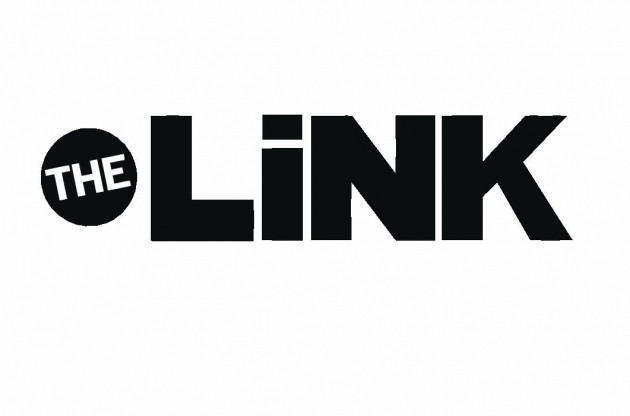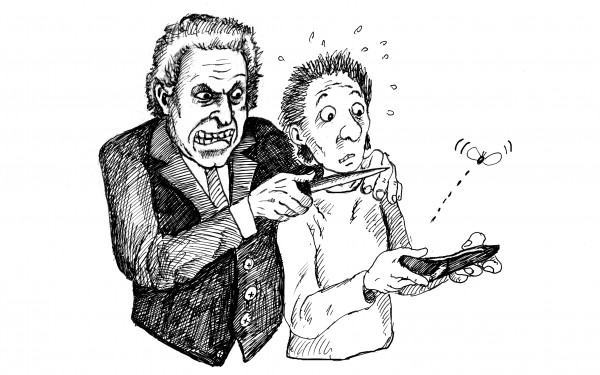Part Time Faculty Backs Strike
CUPFA Calls out “Bad Management,” Supports Student
The teachers are with us. Well, most of them.
Concordia University’s Part-time Faculty Association released a statement last week officially supporting students on the Nov. 10 Day of Action, calling for us to “Occupy [the] Government” and “defend accessibility to a university education.”
Part of a constellation of professors and teachers across Quebec demanding a public debate on the broader issue of university funding, CUPFA joined the Fédération québécoise des professeures et professeurs d’université—a province-wide faculty group—that also affirmed its opposition to the increase on Oct. 25.
Saying the hikes have been “falsely presented by the government as the only way to ensure adequate funding, and [are being] imposed unilaterally,” FQPPU also took the Liberal government to task for the lack of “specific consultation of faculty [that] preceded the decision to increase tuition and its inclusion in the Quebec budget.”
Closer to home, CUPFA took aim at the corporate and government ideology that “prevent us from seeing education for what it is: a right and essential good for not just the individual, but for the public interest of society as a whole.”
“I think it’s important [teachers] give the support we can, even if it’s just stating a public position,” said CUPFA Chair and Communications Liaison Dave Douglas.
Having been on the university scene since 1983, Douglas described the ways in which he’s seen “education being transformed and short changed.”
“It’s not simply tuition for [CUPFA],” he said. “It’s about pedagogy and philosophy. The neo-liberal agenda out there has been dominating a discourse about the value of educations. […] Where small classes are replaced with the ‘small class experience’—while my class sizes have literally doubled.”
Calling the funding argument “increasingly skewed,” Douglas said tuition has become “the easy scapegoat” for policymakers to divert investments from the public good.
“You look at how much the government throws in support of all kinds of industry—into aluminum, shipping, development projects—if you look at the total of that money, it dwarfs what’s being spent on education,” he argued. “Yet when they get around to talking about funding for the future, they say they have no money and have to cut.”
The alternatives, according to CUPFA, are about management.
“We could certainly slim down administration,” Douglas said with a laugh. “Over the last decade Concordia’s administration has multiplied rather fantastically. […] The cost of administration and bureaucracy eats up a lot of our budget.
“We found out [at last week’s Senate meeting] that Concordia spent over $14 million in dismissals over the last decade—that’s a lot of money.”
Calling the system “a picture of bad management,” CUPFA argues government energies should be spent towards achieving a progressive tax system that would tax corporations and captains of industry, while ending corruption and eliminating bail-outs and paying for bonuses and severance packages.
“The issue is not the problem of funding universities, but rather how those funds are being spent by our universities,” the statement continued.
Explaining that the CUPFA never forgot how Concordia students expressed solidarity with them as they were striking four years ago for improved teaching contracts, Douglas stated that the more organizations jointly recognize the importance of sharing good living and working conditions, the more others are willing to fight in solidarity with them.
“Your education is our working conditions—it’s that linked,” said Douglas. “When you guys have the best opportunities for learning, we have the best opportunity for teaching. You are not our clients—you are our students.
“If students are in debt and working four jobs, can’t come to class or finish that paper, [teachers] can’t just walk away at the end of their class, say, ‘See you next week,’ and not be concerned about their quality of living.
“Over time you see the effect these increases have on the system as a whole.”
Hopeful about the Nov. 10 Day of Action, Douglas encouraged students to “show everyone that you’re being good citizens. That you’re coming out and talking about the future, about equality, and you’re living it.”






__thumb_600_375_90_s_c1.JPG)
